Lebanon: Syrian refugees trapped in fear and facing unbearable choices

The Syrian war, which began in 2011, led to widespread destruction and violence, displacing millions of people to the neighboring countries of Lebanon, Turkey, Jordan, Iraq and abroad.
As Lebanon strains under its fifth year of severe economic crisis, Syrian refugees face more intolerance in the country. The economic hardship, compounded by fear of movement, has forced refugees into an impossible choice between their safety and their health.
Since April, Lebanon has intensified raids and security measures to address the issue of unregistered individuals. As a result, Syrian patients seeking healthcare face growing impediments due to fears and restrictions on their freedom of movement. For many refugees in the governorate, the decision to seek medical help is now fraught with fear.
Recent weeks in Lebanon have seen a surge in anti-refugee sentiment and stringent measures, including municipal crackdowns on undocumented refugees and increased deportations. Discriminatory rhetoric and misinformation campaigns, fuelled by media reports linking Syrian refugees to crimes and epidemics, have fostered an environment of fear and hatred between the host and refugee populations.
“All I ask is for safety”—a plea that echoes the deep yearning for stability that defines the refugee experience for many in Lebanon today.
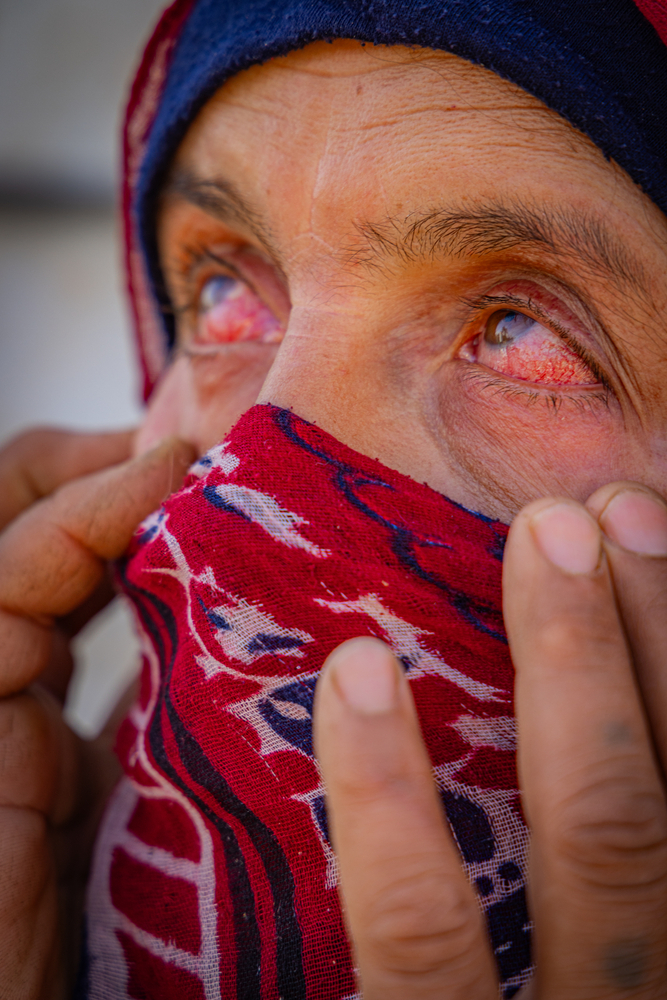
![21-year-old Maya [name changed], a Syrian refugee in northeast Lebanon, releases a dove she tends to in her family's tent in Arsal. © Carmen Yahchouchi for MSF](https://msf.hk/sites/default/files/MSB200046%28High%29.jpg)
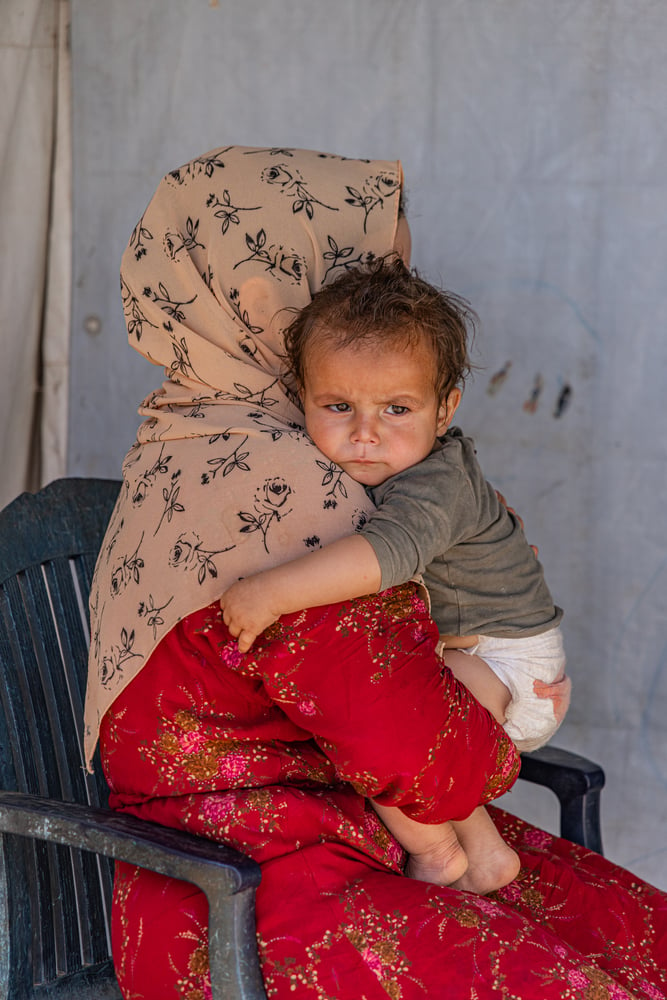
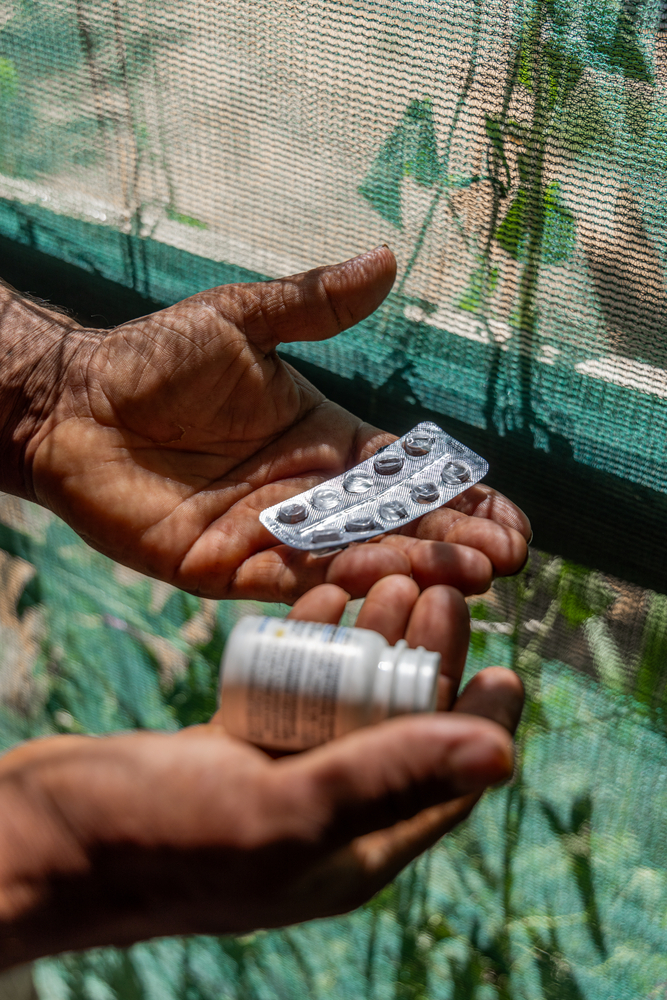


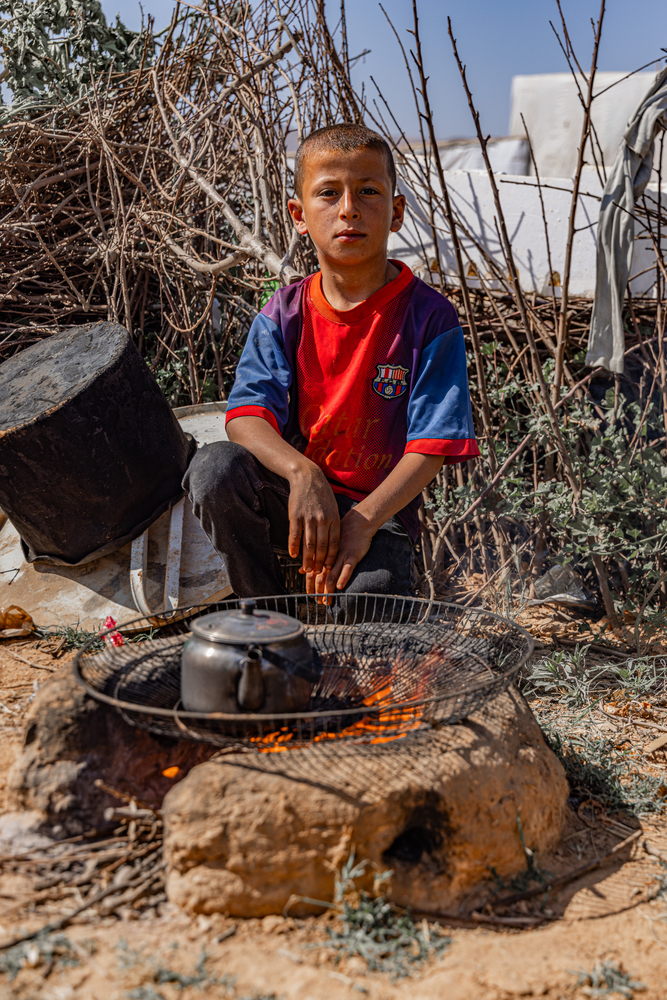
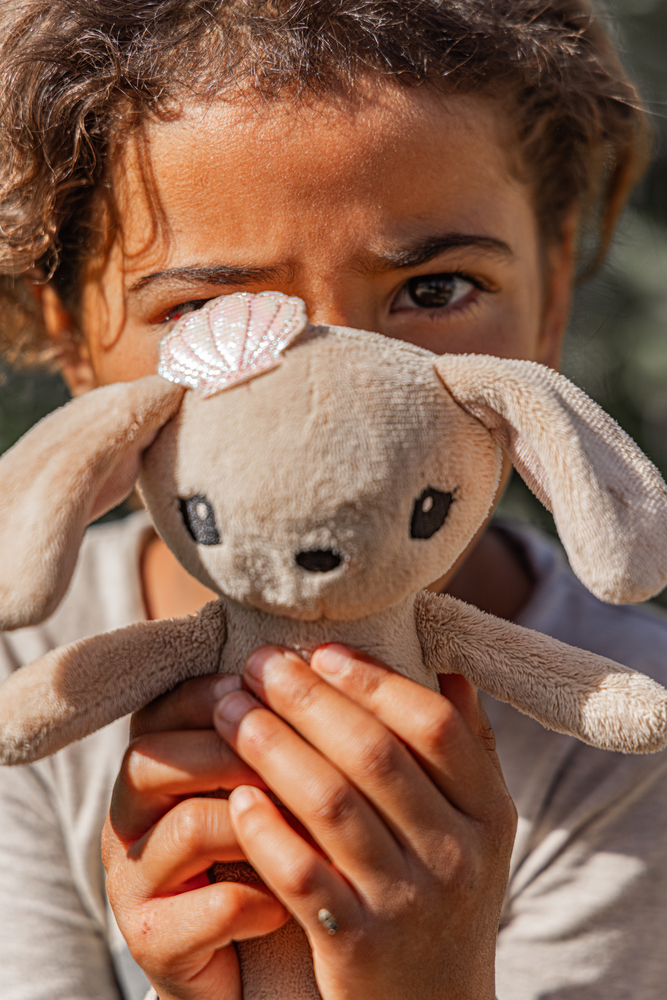
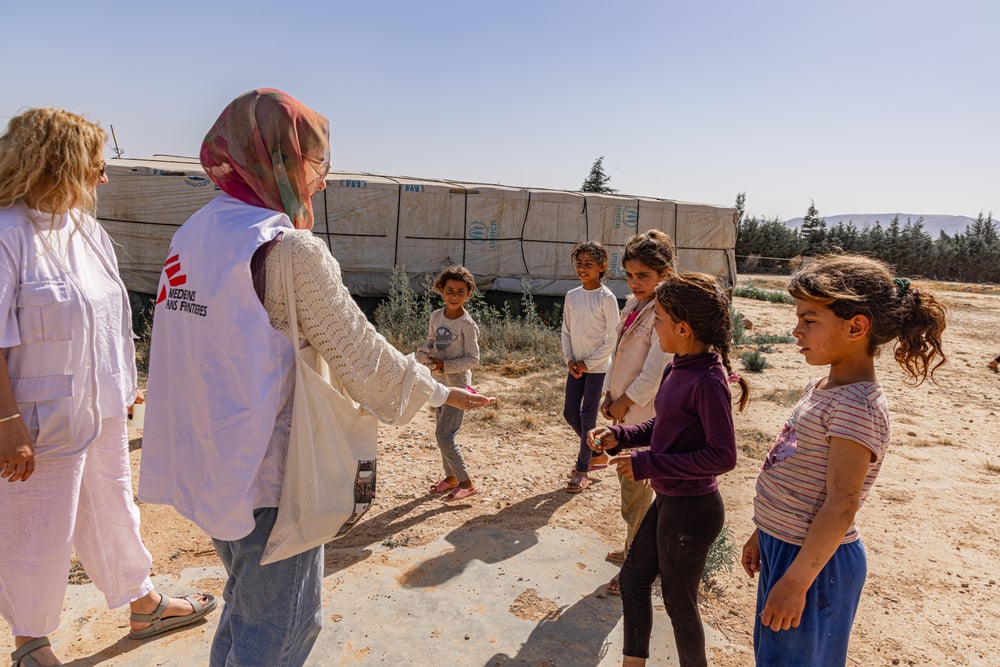
![Despite her battles with diabetes and hypertension, Syrian refugee Dina [name changed], finds solace and strength in tending to her beloved flowers. © Carmen Yahchouchi for MSF](https://msf.hk/sites/default/files/MSB200048%28High%29.jpg)
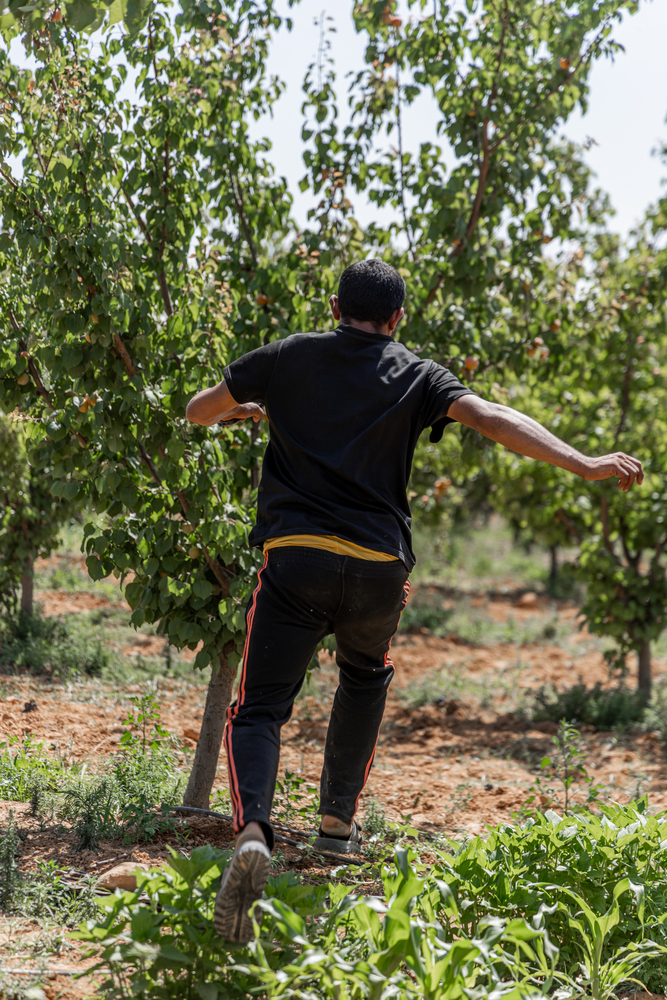
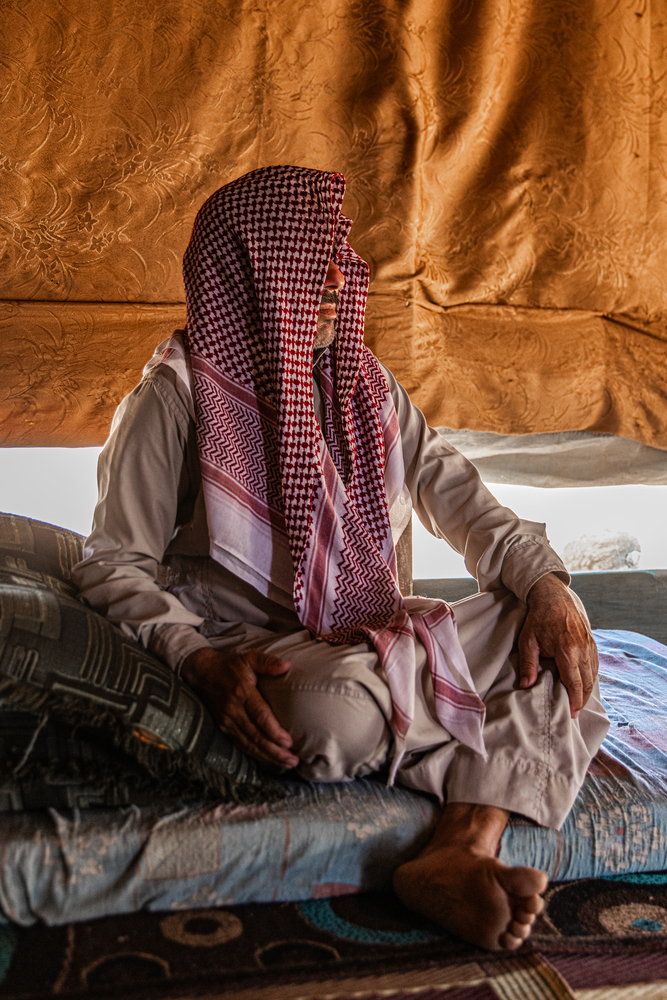
MSF has been present in the Baalbek-Hermel governorate, in the northeast of the country, since 2010. For over a decade, MSF has been providing high-quality and free-of-charge medical services including pediatrics, sexual and reproductive healthcare, treatment for non-communicable diseases, vaccinations against preventable diseases, and mental health support for refugees and the local community alike. Currently, MSF teams run a clinic in Arsal and another in Hermel, as well as supporting access to secondary healthcare through partner hospitals. Yet, even amidst this beacon of assistance, missed medical appointments soar as fear tightens its grip on the refugee community.





Leave a Comment